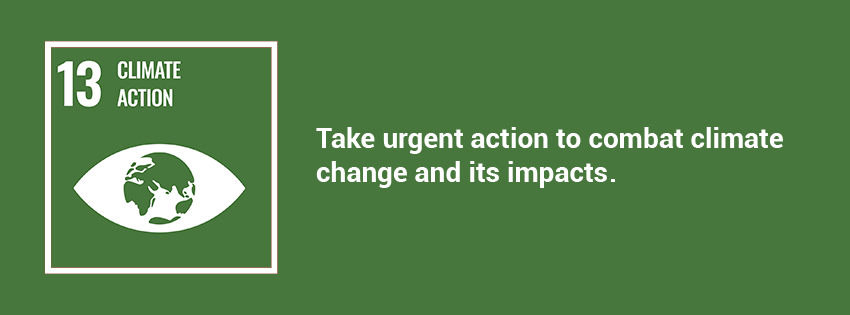
OSTIM Technical University makes great efforts regarding energy efficiency and sustainability, contributing to the attention of the climate action. The energy needs at the University depend on the lighting systems in the buildings and exterior locations. The energy needs are met by natural gas and electricity.
The energy needs in the buildings of OSTIM Technical University for both interior and exterior lighting depend on the heating & cooling and lighting groups. Although our university's energy needs are generally met by natural gas and electricity, our energy needs are also met by wind and solar energy, used in outdoor lighting. OSTIM Technical University intends to realize further energy savings by paying close attention to energy management. All parts of the organization can assess their own energy consumption and realize their own energy-saving potential by means of, for example, insulation, LED lighting and the deployment of sustainable technology.
OSTIM Technical University has preferred LED lamps for all indoor and outdoor lighting on campus.
OSTIM Technical University, as a pioneering higher education institution that adopts "environmental awareness" as one of its core values, carries out joint studies with non-governmental organizations (NGOs) on climate change environment. There is a Sustainability that can produce solutions for climate change and works in coordination with NGOs. The Climate and Environment Club organized a nature walk and environmental cleaning events with the Sustainability Student Club.
OSTIM Technical University, which established a Zero Waste Management System in accordance with the Zero Waste Regulation published in the Official Gazette dated July 12, 2019 and numbered 30829, was entitled to receive a Zero Waste Certificate on June 8, 2021 with this initiative.
OSTIM Technical University aims to be carbon neutral by 2030.
Courses
The historical development of the context of industrialization and the environmental impacts thereof are discussed as one of the focal points of the course. Environmental damage created by industrialization is addressed within the scope of a historical aspect.
Projects
Project 3005 has been accepted but not signed yet by TÜBİTAK (Assistant. Prof. Dr. Gizem Arslan). Title: Comparison of the Sufficiency of the Urban Transformation Practices Legislation in Turkey with respect to Anti-Climate Change considering the European Union Legislation and French Regulations, and Identification of the Legal Arrangements as Needed.